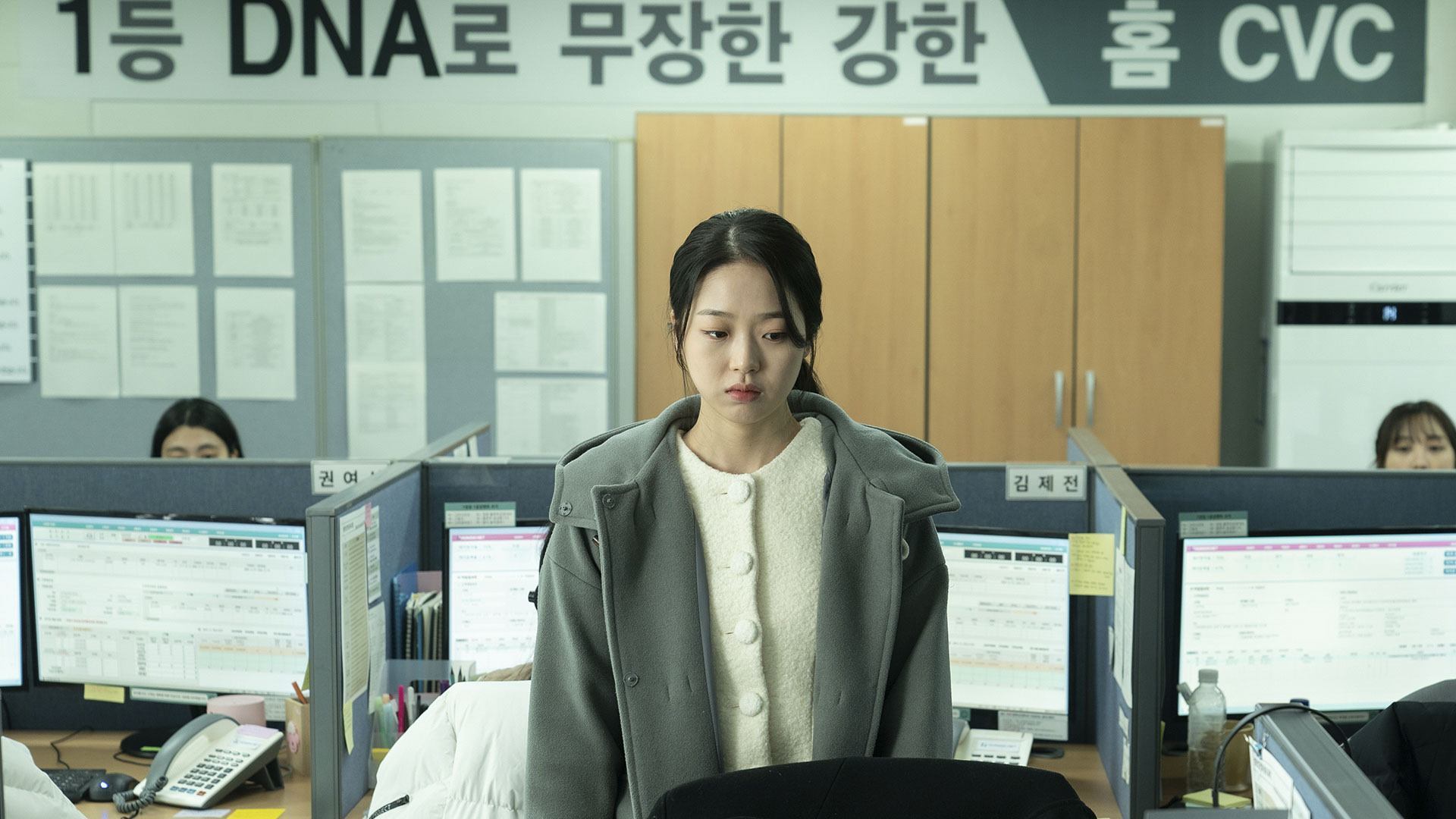
- Film
South Korean Women Directors Receive Recognition with Special Screening Series
South Korean cinema has, for a while now, enjoyed a significant international profile — its generally accepted renaissance of the past 25 years sparked by a wave of filmmakers who have pushed boundaries and often blended genres in intriguing new ways.
In 2004, Park Chan-wook’s dark, moody mystery Oldboy, with its brutal action set pieces and shocking twist, went on to become a worldwide critical sensation, and solid commercial performer. Bong Joon-ho’s The Host and Snowpiercer, and Yeon Sang-ho’s Train to Busan also connected with global audiences, further expanding the parameters of commercial expectation.
International awards acclaim soon followed. Kim Ki-duk’s controversial, sexually charged Pietà cracked opened the door, becoming the first Korean film to score top prize at one of the three major, oldest international festivals when it won the Golden Lion at the Venice Film Festival in 2012.
Next, Lee Chang-dong’s Burning, (a South Korea/Japan coproduction) received the FIPRESCI International Critics Prize at the 2018 Cannes Film Festival en route to near-universal acclaim and a clutch of honors.
Then, in 2019, Bong’s Parasite rode its Cannes Palme d’Or victory to a Best Foreign Language Film (now Best Non-English Language Film) Golden Globe win, as well as four Academy Awards, including Best Original Screenplay, Best Director, and Best Picture.
Largely ignored in this expanding celebration of South Korean excellence, however, have been the contributions of female filmmakers to the country’s cinematic revival. A new cinematic series at the Academy Museum of Motion Pictures in Los Angeles, A New Wave of K-Cinema: Korean Women Directors, continuing now through June 29, seeks to right that injustice.
Programmed by Academy Museum Manager of Film Programs Hyesung ii, the series takes viewers on an enlightening journey through the work of a remarkable new crop of contemporary Korean female directors, showcasing ten captivating and inspiring films that explore themes of romance, gender politics, domestic violence, socioeconomic division, and platonic friendship.
A New Wave of K-Cinema opened with two exceptional movies by Yim Soon-rye: 2001’s Waikiki Brothers, about a group of high school friends who form a band, and 2018’s Little Forest, about a woman’s return home from Seoul to the small village in which she was born and raised.
Despite her reputation as the preeminent female auteur of Korean New Wave cinema, Yim’s works rarely screen abroad. An avid animal rights activist whose delicate, deliberately paced movies are characterized by long takes, Yim centers many of her thoughtful narratives around humankind’s complicated relationship with the natural world.
The series continues on Thursday, June 22, with a screening of Next Sohee, followed by a special post-screening conversation with director Jung July and actor Kim Si-eun. Based on a true story and continuing in the grand tradition of social critique drama established in American cinema of the 1960s and ’70s, the film depicts the investigation of the death of a high school student at a call center where exploitative working conditions are common practice.
Weekend matinee screenings on June 24 and 25 include a pair of debut features: Lee Kyoung-mi’s comedy Crush and Blush, co-written with Park Eun-gyo and Park Chan-wook, and starring Kong Hyo-jin; and Jeong Jae-eun’s Take Care of My Cat, about a group of five female friends who find themselves somewhat naturally growing apart as they enter young adulthood.
A New Wave of K-Cinema concludes on Thursday, June 29, with an evening screening of Park Chan-ok’s impressively layered sophomore effort Paju, about a lonely young woman’s commingled suspicions of and infatuation with her older brother-in-law.
For more information on the series, click here.

